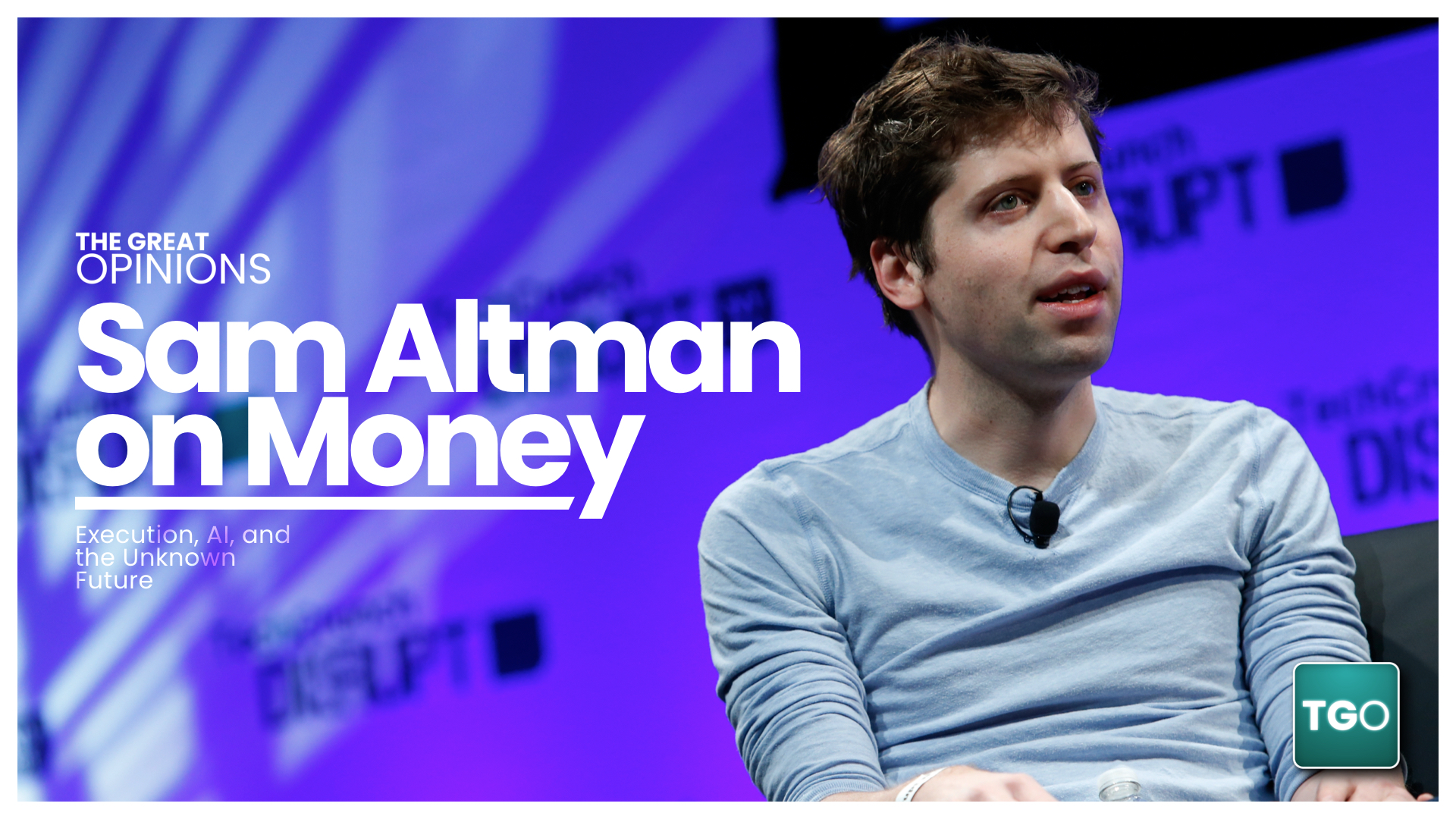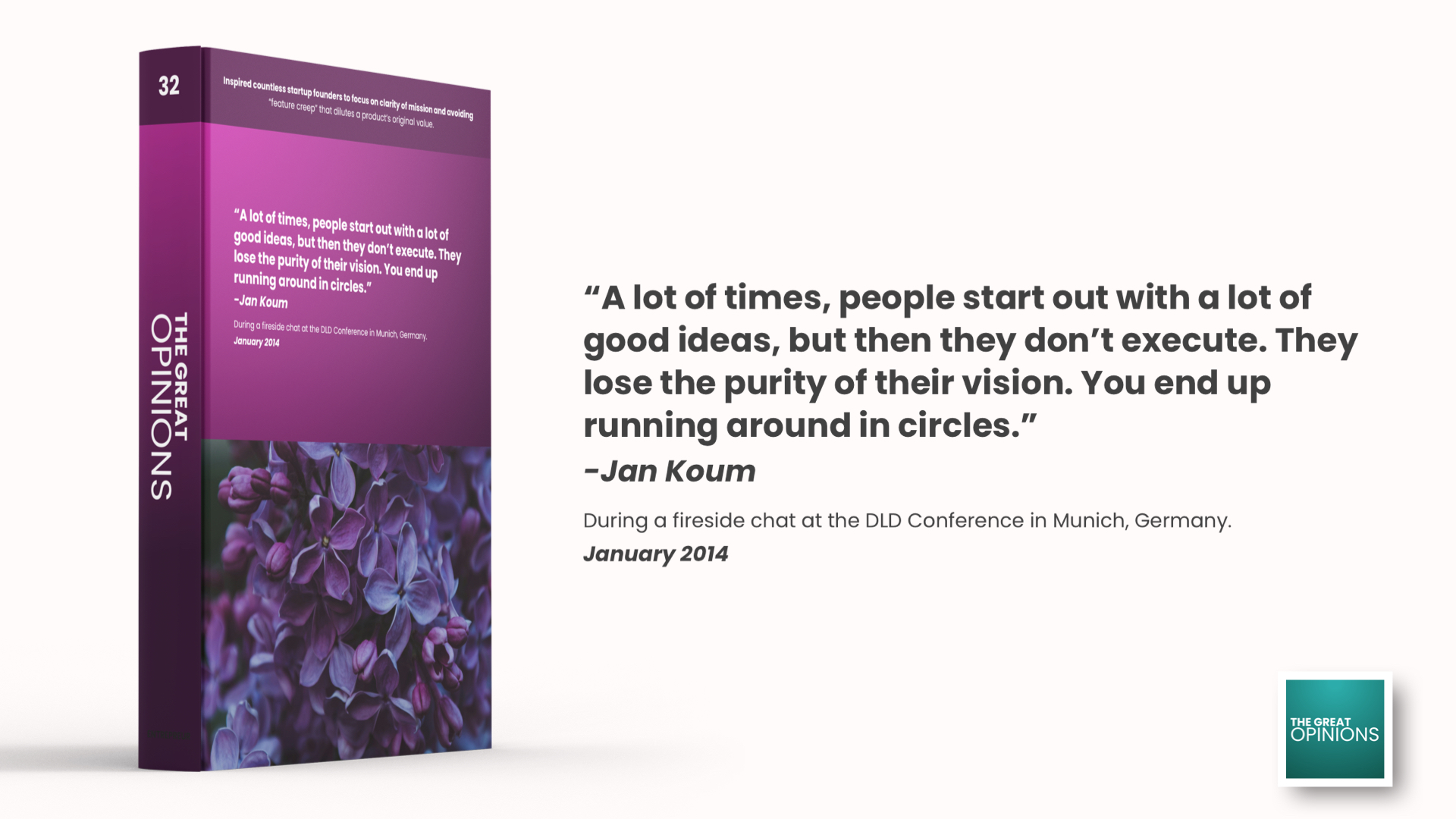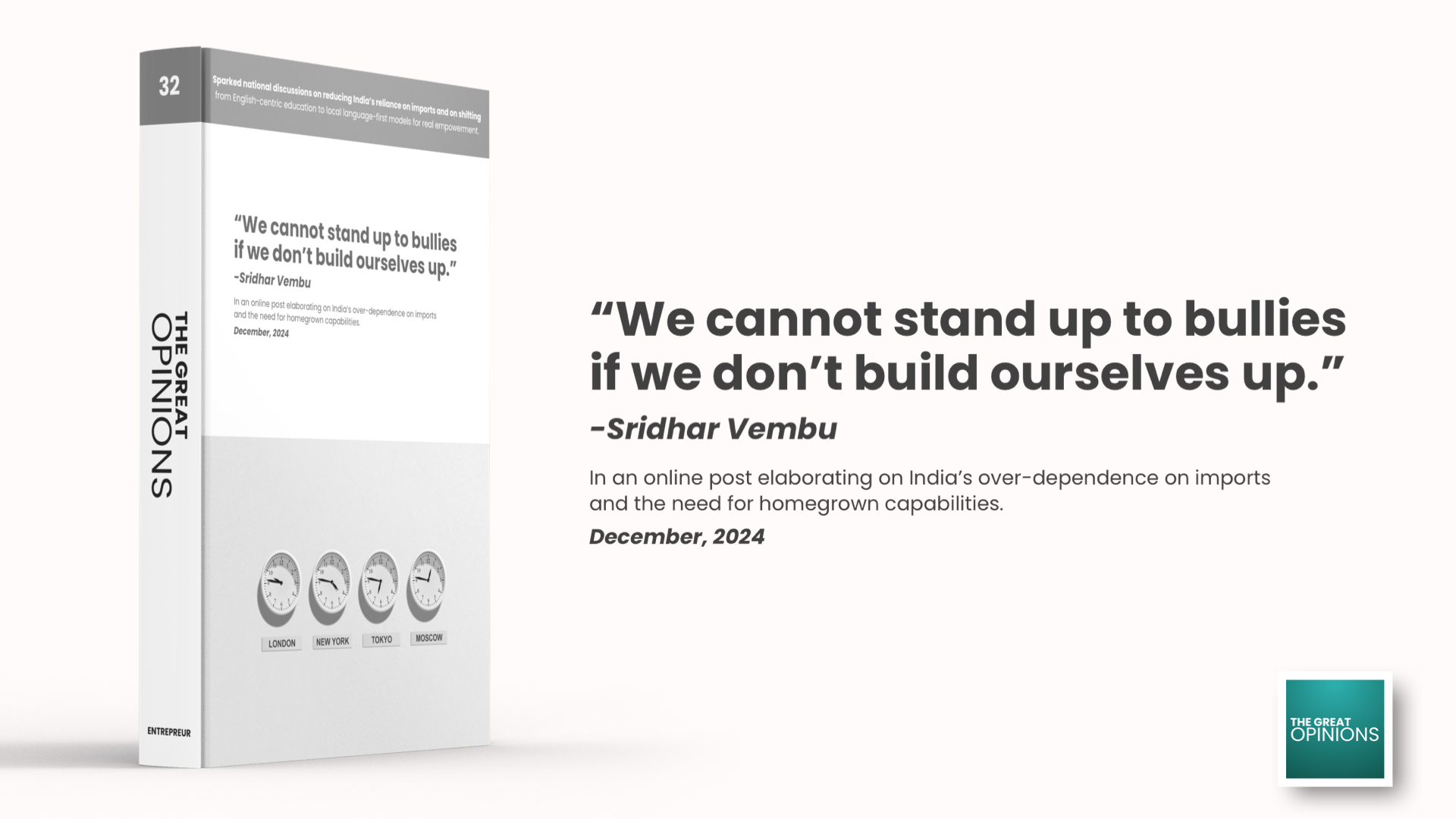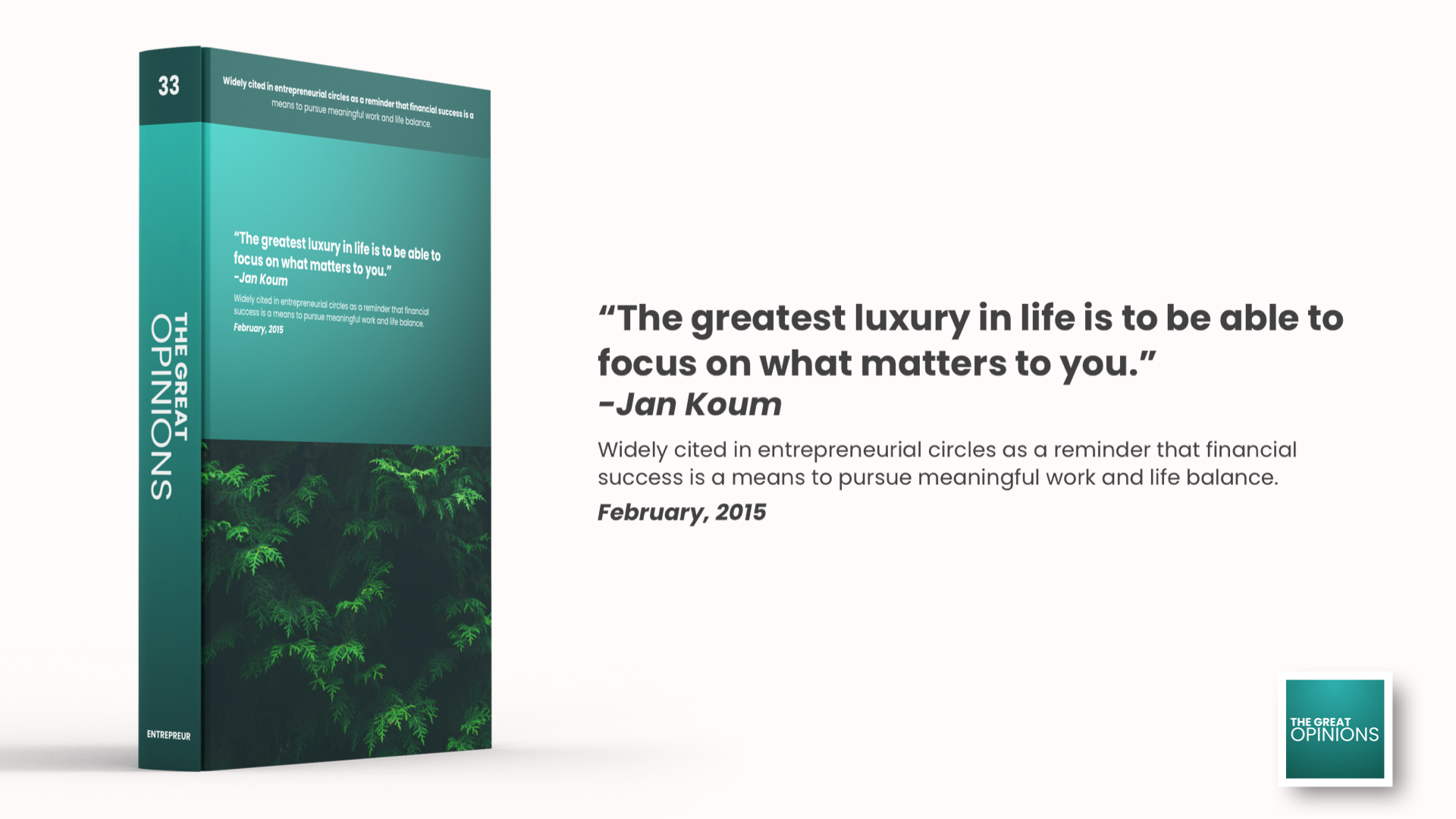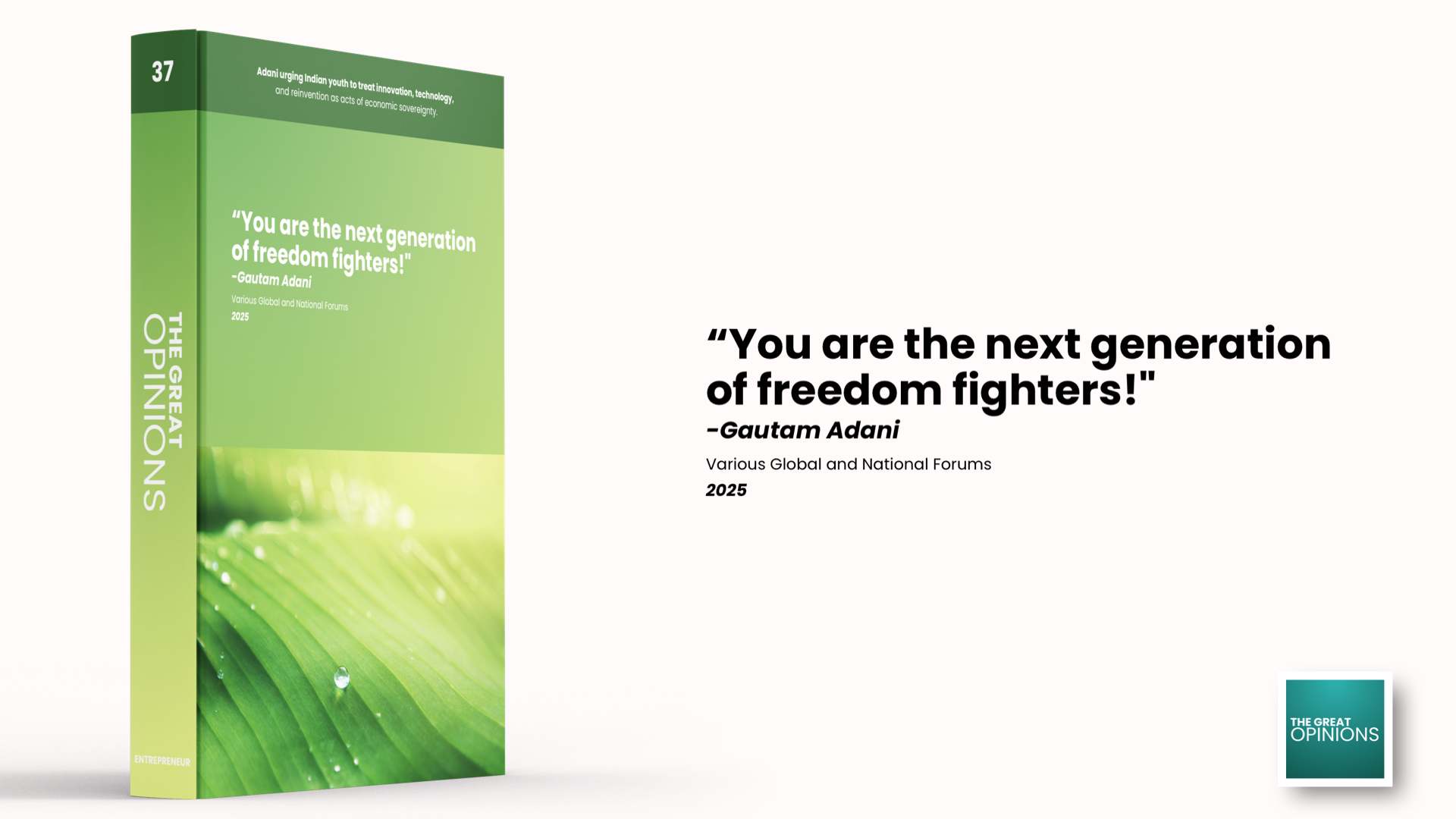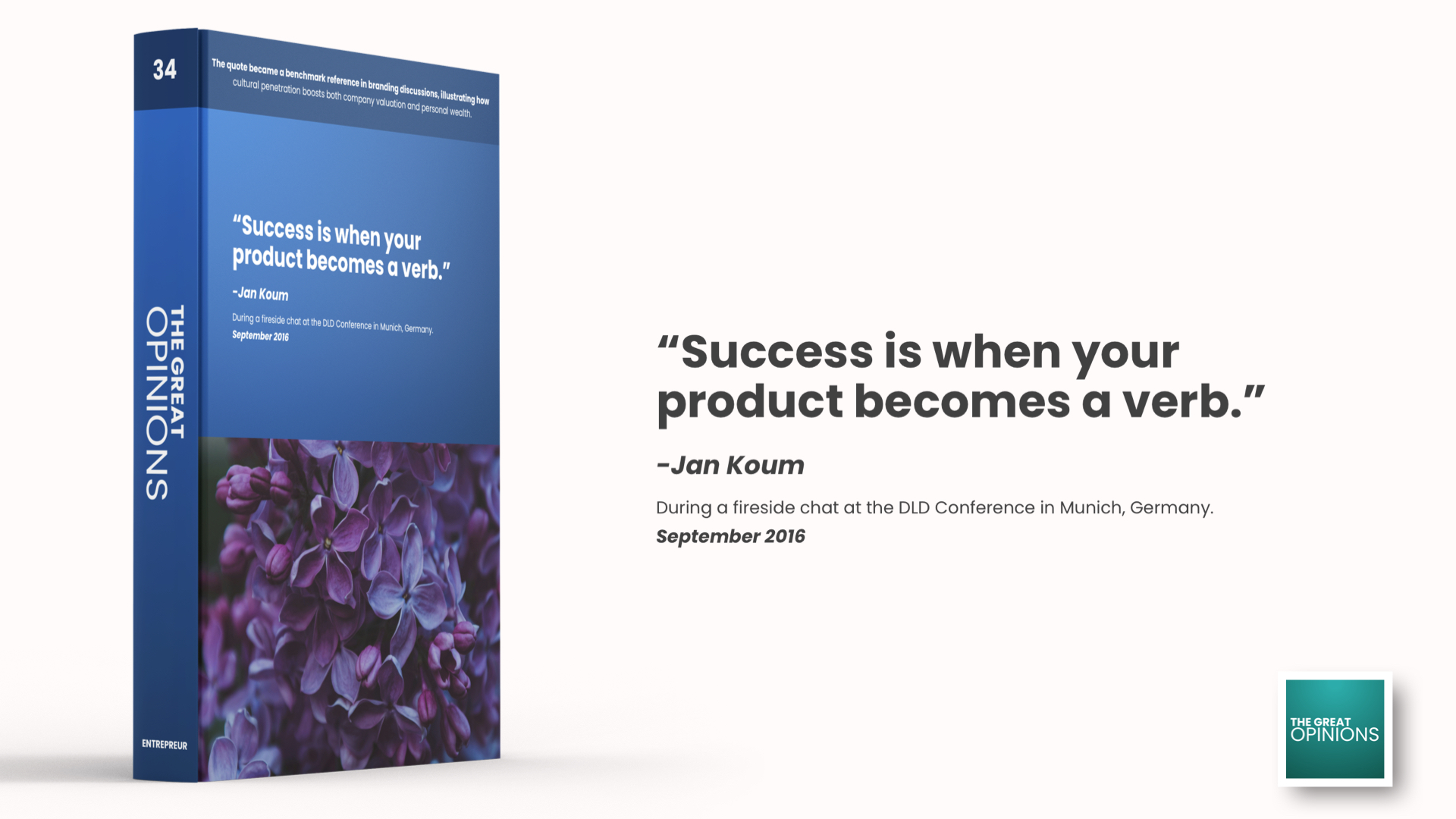When Advertising Is Involved, You Are the Product – Koum’s Defining Philosophy
How Jan Koum’s Net Worth Reflects His Commitment to Privacy
The Munich winter was sharp, the kind of cold that makes you tuck your chin into your coat and walk briskly to the nearest doorway. Inside the conference hall, the air was warmer but thick with anticipation. The DLD Conference had always been a hub for ideas, but in January 2014, one speaker drew a particularly curious crowd.
| Topic | Details |
| Who is Jan Koum? | Ukrainian-American entrepreneur, billionaire, and co-founder of WhatsApp; known for building a privacy-first, ad-free messaging platform that redefined global communication. |
| Education | Dropped out of San Jose State University while working as a security tester at Ernst & Young; self-taught in network engineering. |
| Famous Quote | “A lot of times, people start out with a lot of good ideas, but then they don’t execute. They lose the purity of their vision. You end up running around in circles.” |
| Where It Was Said | During a fireside chat at the DLD Conference in Munich, Germany. |
| Date of Quote | January 2014, just weeks before WhatsApp’s $19 billion acquisition by Facebook. |
| Occasion/Setting | A panel discussion on startup growth and vision, attended by global tech founders, investors, and journalists. |
| Witnesses | Notable figures included venture capitalists from Sequoia Capital, founders of other major tech startups, and European business leaders. |
| Why It Matters | The quote captures Koum’s unwavering belief in disciplined execution over the mere possession of ideas — a philosophy that drove WhatsApp’s global success. |
| Published By | Widely reported in TechCrunch, Business Insider, and DLD’s official coverage. |
| Impact | Inspired countless startup founders to focus on clarity of mission and avoiding “feature creep” that dilutes a product’s original value. |
Jan Koum walked on stage with no pomp — just a dark sweater, jeans, and that trademark calm expression. It had been ten years since he’d left the streets of Mountain View’s food stamp office behind, and just weeks before the world would learn that his creation, WhatsApp, was about to be acquired for $19 billion.
He leaned slightly towards the moderator’s microphone and said something that would echo far beyond the walls of that Munich ballroom:
“A lot of times, people start out with a lot of good ideas, but then they don’t execute. They lose the purity of their vision. You end up running around in circles.”
There was no drama in his voice, no attempt at motivational theatrics. It was the tone of a man who had seen too many brilliant ideas dissolve in boardrooms, suffocated by half-measures and unnecessary additions.
The Lesson from the Ground Up
To understand why that line carried so much weight, you had to rewind to the early ’90s. Koum was still a teenager then, newly arrived from Kyiv with his mother, both clutching the promise of a safer life in America. Their net worth at the time? Practically zero. The family relied on food stamps, and Koum worked odd cleaning jobs to help make rent.
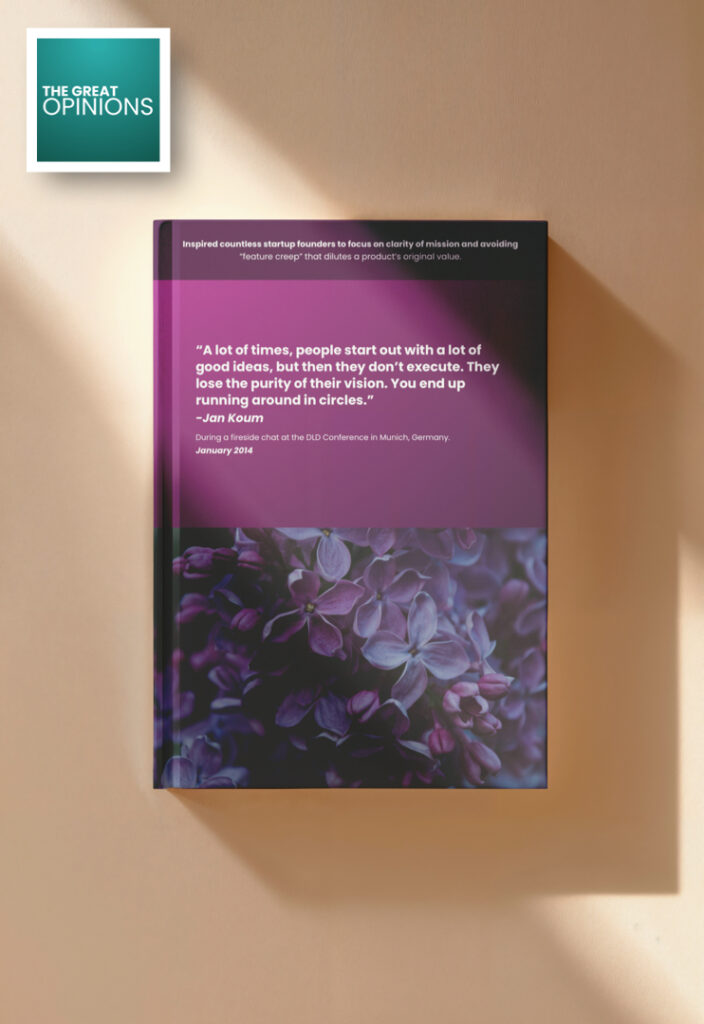
That reality left no room for waste. Money, time, energy — every resource had to be spent with care. It was a discipline that would later seep into his business philosophy: build only what is essential, keep distractions out, and never compromise on the core vision.
Even when “jan koum net worth” became a phrase people Googled with awe, his obsession with purity never changed. In WhatsApp’s early days, offers for advertising partnerships landed in his inbox almost weekly. They were tempting. They would have easily inflated early revenues. But Koum would close the laptop, walk into Brian Acton’s office, and say, “We’re not doing it. If we start now, we’ll never stop. The app will stop being ours.”
WhatsApp: An Idea Worth Guarding
When Koum started WhatsApp in 2009, the app was just a simple way for people to see each other’s status messages. It wasn’t meant to be an advertising machine, a gaming hub, or a data collector. And that was the point.
Most startups begin with a lean, clean concept, then slowly morph into something bloated. Push notifications multiply. Features pile on top of each other. Somewhere along the way, the original problem they set out to solve gets buried.
For Koum, that was the death of a product. “The purity of vision” wasn’t a poetic phrase for him; it was a survival rule. He had lived through scarcity. He understood the danger of adding weight that slows you down.
Net Worth vs. Net Purpose
By 2014, whispers about Koum’s personal fortune were already making headlines. Analysts speculated that his wealth would skyrocket after the Facebook deal — and they were right. Overnight, “jan koum net worth” became a regular entry in financial blogs.
But here’s what few people noticed: while his fortune multiplied, WhatsApp’s simplicity remained untouched. Even under Facebook ownership, Koum fought to maintain the app’s no-ads, privacy-focused approach for as long as he could. For him, the discipline of guarding the product was more important than the dollar signs on his bank statement.
This balance between wealth and principle wasn’t easy. Shareholders like growth, and growth often means monetization. But Koum’s resistance was rooted in more than stubbornness — it was a debt he felt to the millions of users who trusted him not to turn their conversations into commodities.
Avoiding the Circle Trap
At the DLD Conference, Koum’s warning about “running around in circles” wasn’t abstract. It was a diagnosis. He had watched promising companies lose their edge because they couldn’t resist tinkering for the sake of tinkering.
He shared a quiet anecdote with a small group after the panel — about a startup he once admired that pivoted so often it forgot what problem it had been built to solve. “By the time they realized,” Koum said, “their users had already left. They didn’t quit because the product was bad; they quit because it was confused.”
Why This Matters Now
In 2025, “jan koum net worth” is still a point of fascination, sitting in the billions. But to focus only on the money is to miss the bigger lesson. His fortune is not the story — his discipline is. In an era when tech companies are quick to chase every possible revenue stream, Koum’s story is a reminder that growth without direction is just chaos.
The purity of vision that built WhatsApp is the same mindset that kept it from becoming another cluttered, ad-ridden platform. And it’s why Koum, even years after stepping down from Facebook, remains a touchstone for entrepreneurs who value product integrity over quick wins.
The Quiet Exit
In 2018, Koum left Facebook. Reports suggested disagreements over data privacy and monetization strategies. It was a move that cost him influence inside one of the most powerful tech companies in history, but it preserved his own moral ledger.
When asked later if he regretted stepping away, he didn’t give a direct answer. He just smiled and said, “I like things simple.”
That’s Koum in a sentence — a billionaire who measures wealth not in features launched or ad dollars earned, but in how closely the product stays to its original promise.
If you’re looking for the secret behind Jan Koum’s billions, it’s not just timing or luck. It’s the refusal to dilute the mission. It’s understanding that a clear, unbroken vision is more valuable than a dozen half-finished good ideas.
Factual Insights & Supporting Sources
1. Founder’s Philosophy on Value Over Consumption
Ashish Singhal shared how his father’s ₹5 medical consultation fee taught him the real essence of value—not in taking, but in building. He later applied this mindset to his work ethics—avoiding extravagance, saving diligently, and investing in purpose.
2. Preferring Risk to Comfort
In his 20s, Singhal saved nearly ₹25 lakhs from his tech-job earnings. He wholeheartedly reinvested around ₹5 lakhs to start a business, even though his initial startup failed. This leap laid the groundwork for CoinSwitch’s later success.
Click here is see the story>
3. India’s Quiet Middle Class Struggle
In a recent LinkedIn post that sparked conversation, Singhal highlighted how stagnant salaries and soaring living costs have forced India’s middle class to absorb financial shocks silently—bringing attention to broader systemic inequities.
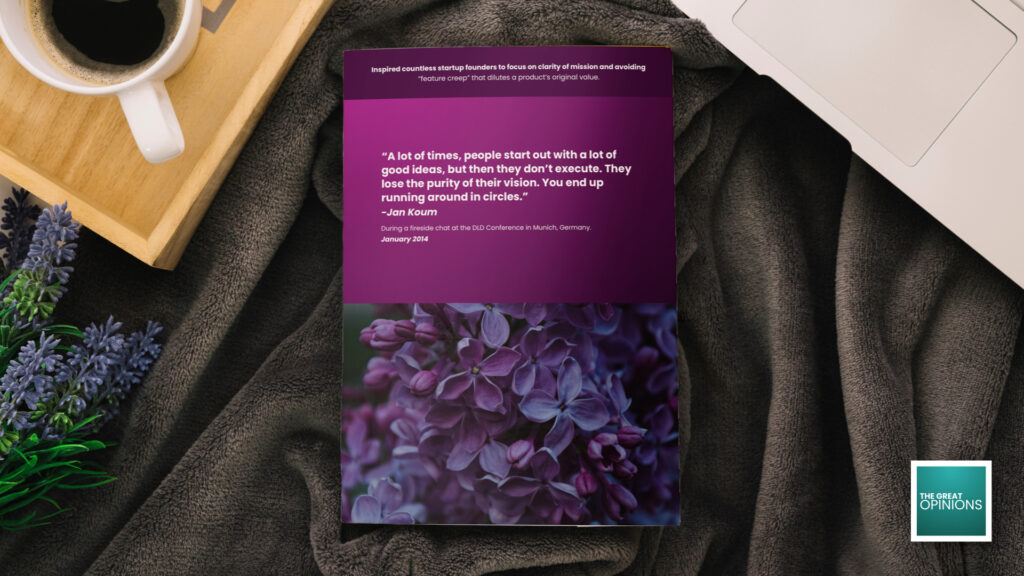
Sources:
https://time.com/8838/whats-app-ceo-jan-koum
https://forward.com/news/193103/whatsapp-founder-jan-koums-jewish-rags-to-riches-t
https://time.com/8838/whats-app-ceo-jan-koum
https://www.wired.com/story/whats-app-owner-founder-jan-koum-facebook

